
Recommendation
The “sharing economy” – or “crowd-based capitalism” – is a technology-based revival of the person-to-person or peer-to-peer transactions that dominated economic activity before the Industrial Revolution. Today’s prominent online peer-to-peer platforms include Airbnb, car-ride services Lyft and Uber, and such financing platforms as Kickstarter and Kiva. Business professor Arun Sundararajan explains how social and commercial concerns drive these online transactions. His belief that the sharing economy’s impact is comparable to that of the Industrial Revolution may be debatable and he organizes his text somewhat haphazardly, but his narrative is perceptive and informative. getAbstract recommends this overview to readers seeking a detailed assessment of the sharing economy.
Summary
About the Author
Arun Sundararajan is a professor and Robert L. and Dale Atkins Rosen Faculty Fellow at New York University’s Stern School of Business. His Sharing Economy won a 2017 Axiom Best Business Books Award.









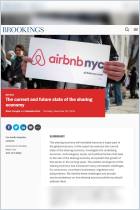

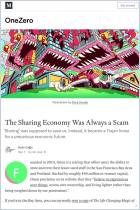

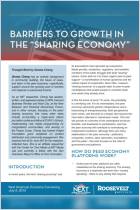
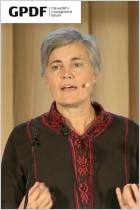
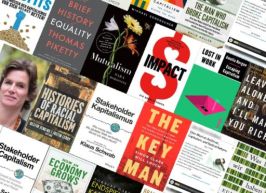




Comment on this summary or Start Discussion